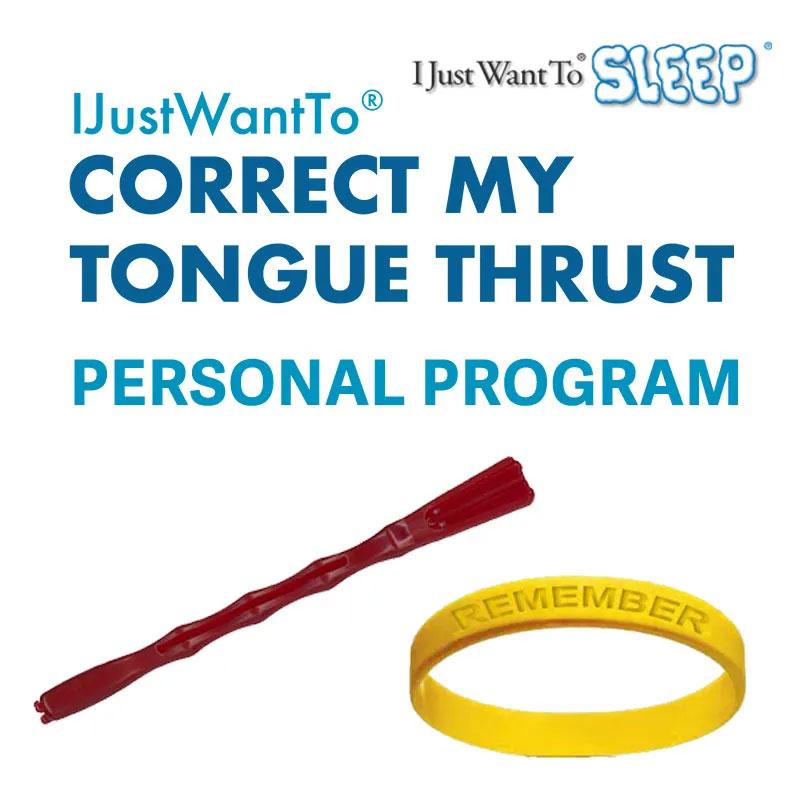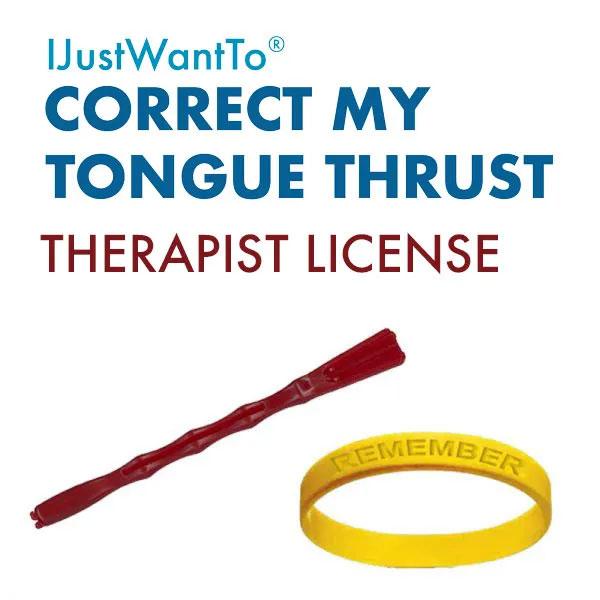- When your lower jaw hangs open, it causes a constant pull on the muscles of the face, resulting in a longer face and a shortening of the upper lip.
- Mouth breathing while sleeping can result in poor sleep quality and a baggy appearance under the eyes.
- You can’t kiss someone and breathe through your mouth.
- Mouth breathing bypasses the nose, sending dirty cold air into your body.
- You probably snore if you breathe through your mouth while sleeping. Snoring can lead to Sleep Apnea and heart conditions.
- Mouth breathing decreases the amount of oxygen your body takes in and prohibits the production of nitric oxide. Nitric oxide regulates blood circulation.
- Poor oxygen concentration in the bloodstream has been associated with high blood pressure, heart problems, and sleep apnea.
- Your chances of contracting a contagious disease are increased when mouth breathing.
- Allowing cold air into your body through your mouth can result in inflammation of the respiratory organs.
- Since you are not using your nose for breathing, the nasal passages are unable to stay clean and clear and may become clogged.
- Mouth breathing can cause headaches, gum disease, sore throat, bad breath, and an increased risk for cavities and digestive problems.
- A mouth breather cannot get quality sleep, resulting in chronic fatigue and daytime sleepiness.
- Poor oxygen concentration in children who mouth breathe can affect growth and academic performance and may be associated with ADD and ADHD.
What can be done to help you breathe through your nose?
- By now, your facial muscles are weaker than normal and need to be exercised.
- Close your lips. Close one nostril with your finger and breathe through the open nostril. Repeat this process with the other nostril. Repeat several times to clear the nostrils.
- Close your lips again. They are not used to being closed. Pretend that you don’t have any teeth, pulling your upper lip down and tucking it under your upper teeth. Then pull your lower lip up and wrap it over the bottom teeth. Now you look like you don’t have any teeth. Hold that position for 5 seconds and relax. Do this exercise 10-20 times daily. It will help your lips feel more comfortable being closed.
- The IJustWantTo Correct My Tongue Thrust program is filled with similar exercises that will train your tongue to live on the roof of your mouth to support your palate. You will also learn more about how to breathe through your nose while awake and asleep.
- Always do physical exercises with your mouth closed to increase your body’s oxygen levels. Exercising while mouth breathing is not good for your heart.
- Try this EXPERIMENT: Go for a long walk with nose breathing only one day. On another day, go for a long walk with heavy mouth breathing. Compare your energy levels, focus, and concentration.
They say that man should no more breathe through his mouth than he would attempt to take food through his nose! Use The IJustWantTo Correct My Tongue Thrust program to learn how to breathe through your nose and stop snoring.



